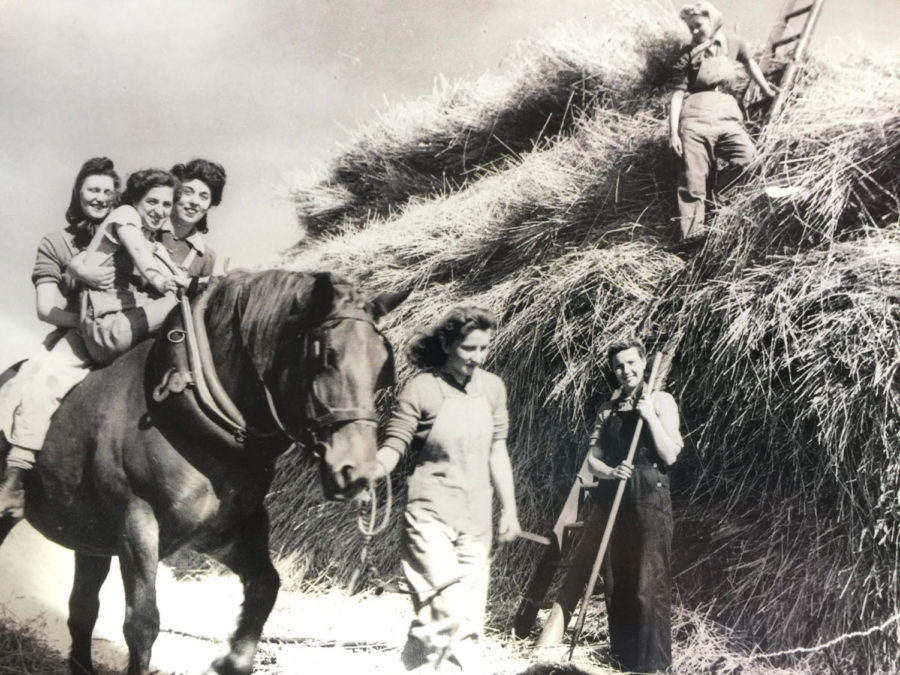1940s– Community
November 5, 2019
The date was June 10th, 1940. Over the course of the last year, over 200,000 civilians, troops, workers, and government departments moved to Wales to escape German bombing. The allied forces were losing the Battle of France on the Western front. Therefore, they began evacuations from Dunkirk–a town in France–back to England. Several days before, Germany bombed Dunkirk mid-evacuation. Risking their lives, thousands of small privately-owned boats sailed from England to France to aid in the evacuation of desperate soldiers trapped on the beach.
Worry-lines creased Sandra’s prematurely aging face. Long grey streaks flowed through her dark auburn hair. Many of her friends, neighbors, and relatives had helped evacuate soldiers from Dunkirk; most of them had not survived. The event had done nothing but add to her worry and grief. She hadn’t heard from Maria or Charles for several months; Sandra could only hope to attribute the lack of news to the slowed mail service. She felt a tug on her dress and glanced down to find her son Gabriel looking up at her.
“Mama! Mama, come look outside,” he cried, his voice high-pitched and sing-song. Despite all her worries, she managed a thin smile. Nowadays, he was the only person who could make one appear.
Tapping of horse’s hooves on the dirt road outside became audible as they crossed the small room. Through the window, a view of a windy dirt lane and a hay field extended into the distance. People working on top of a mound of hay turned and watched as a small family walked by with a tall black horse in tow. The family ignored the scowling workers and continued down the lane until they disappeared behind a crooked, brick building.
Every day, fewer and fewer people traveled to Northern Wales. Sandra and Gabriel had been among the first to arrive, moving into a small, cozy, room on the edge of town. Since then, more and more displaced Englishmen began making their way to Wales. At the beginning, citizens of Wales had been welcoming and sympathetic to the refugees. As thousands more streamed into the villages, people began shutting their blinds, only leaving their homes if absolutely necessary. The war was doing more than killing thousands of men; it had begun to change hospitable people into cold, unfriendly, pessimists.





